For us, waking up involves grabbing a cup of coffee and quietly gathering ourselves for the day ahead. Birds, however, start their morning by screaming their tiny heads off.
Passeriformes, perching birds, completely personify this behavior. Many species of birds will wake up with the sun to chirp, called the dawn chorus.
These early morning songs are designed to keep rival males away while also drawing in females. There are many aspects of the melody that help the birds achieve this, but we will soon get into that.
But why do the birds start singing right after they wake up? Why not later in the day? Well, hopefully, after reading this article, you can have a better understanding.
Early Bird Catches the Bird
When I have gone bird netting and banding, we will always start the morning with headlamps and numb fingers from the brisk morning air. This is because we have to get out there before the sun wakes the birds up.
Setting up the nets through high-traffic areas gives us the best chance of catching birds to record. These recordings are crucial to keeping track of the birds’ general health in a region and recording migration paths.
But going to these bandings made me aware of how incredible the dawn chorus is. While I helped set up a net, the sunlight was barely beginning to brighten the sky, and it was like a switch went off.
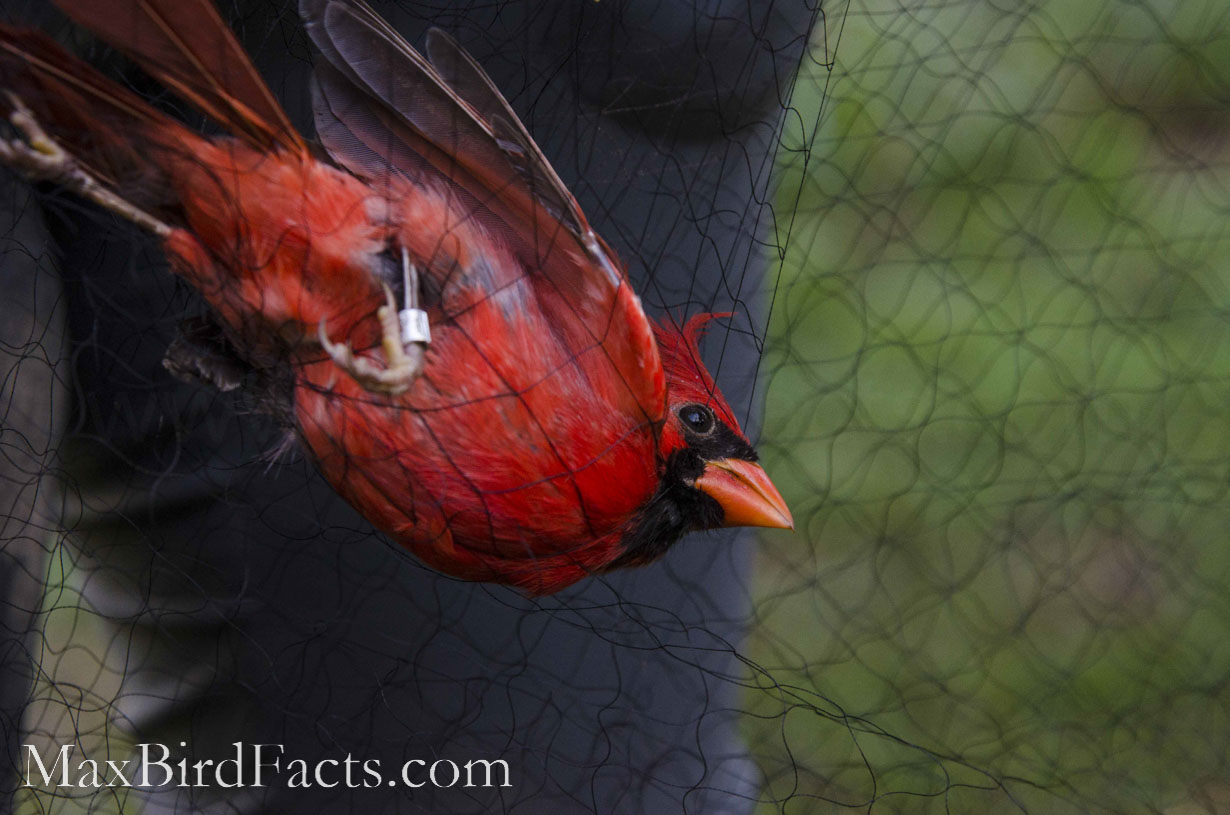
Before this, the forest was relatively quiet, mostly us talking and catching up, and a couple of songs from birds and other animals here and there. Once the first rays of light hit the leaves, it seemed like every tree had a dozen birds all trying to sing over each other.
The main objective of these birds is to convey their territory’s borders. Male birds are usually the ones you will hear singing because of this.
Sexual selection will be a topic of a future article, but here is a quick summary:
Because the female puts more energy into the offspring, she will usually be picky when selecting a mate. Males then will have to come up with ornate and extravagant displays to impress females.
These displays require the male to access lots of high-quality resources to keep up his energy and appearance to stay attractive. The best way to do this is to secure a territory that houses shelter, food, water, and a low risk of predation.
When male birds are singing in the morning, they are pretty much standing on their front porch and yelling at their neighbors to stay off their lawns!
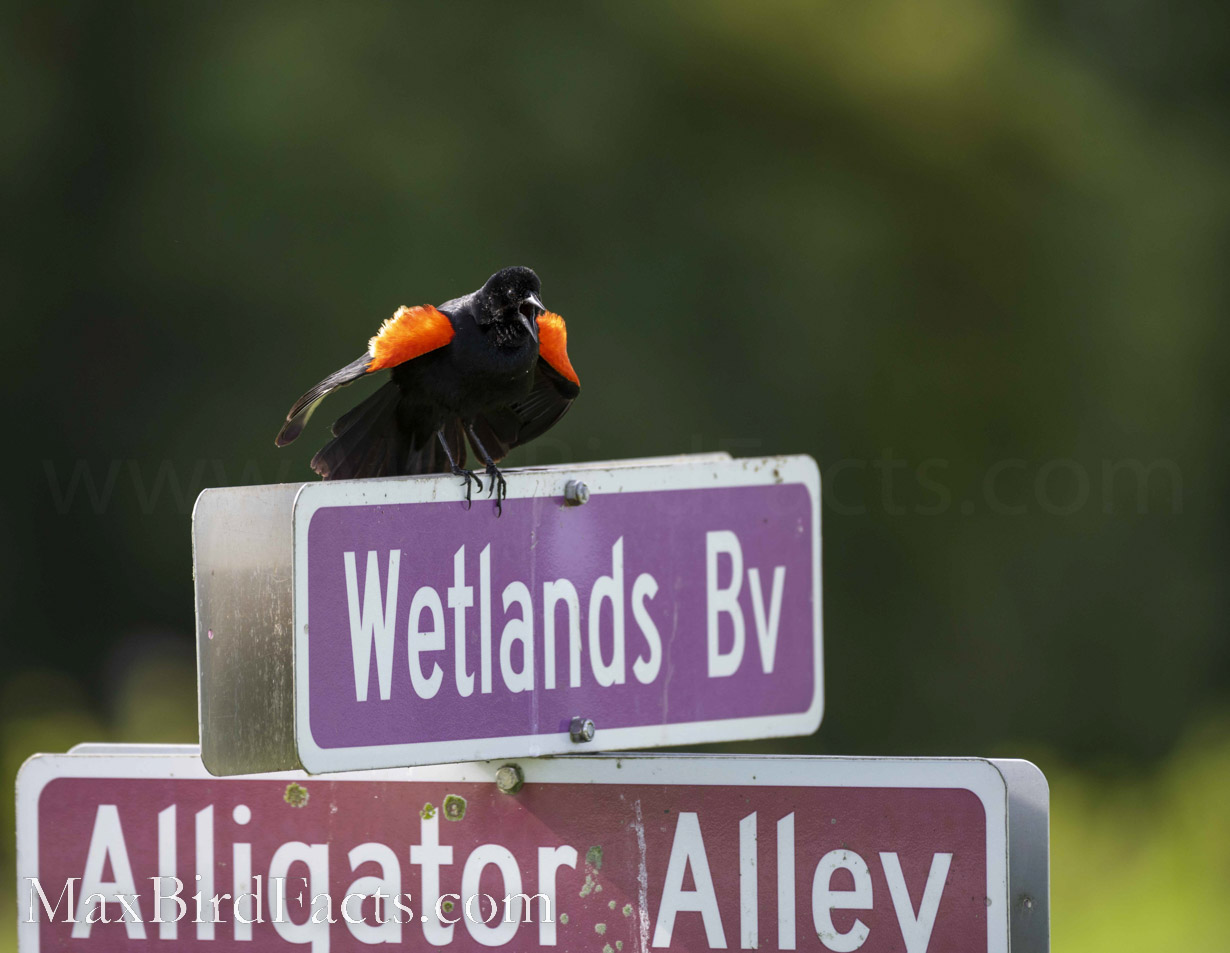
Singing is a very arduous process for a bird. It can make up to half of all the metabolic needs of an individual during the day. Meaning half of all energy spent in a day is just done through chirping!
Singing must be a tremendously worthy expenditure if it requires so much out of a bird. And on another level, when a bird sings, it makes itself very apparent to potential predators.
This increased risk is a calculated measure. Without singing, the bird will lose its territories and chances of mating. But, if the bird sings, it will have to find a good source of food and protection from predators also listening.
But why do this so early in the morning? Surely they could use this time to find food. Like with every behavior we see in animals, this has been selected because of a clear advantage. So, the risk of predation is outweighed by the reward of territory defense and attracting mates.
The Physics of Singing
I am not a physicist, and I am not going to pretend to be for this article. If I get something wrong here, please let me know.
I tried digging through my lecture notes and slides from one of my Ornithology classes in college. Still, I couldn’t find this mentioned anywhere. However, I vividly remember learning about this. I only wish I could remember where exactly I procured this theory.
The morning air is regularly misty, and condensation forms on the vegetation as water in the air condenses on the cold ground. As the day progresses, the air will warm, the dew will evaporate, and the fog will dissipate.
Before the sun burns all of this away, there is a brief window where the air is thick and soupy. Researchers theorize that birds could be taking advantage of this during the dawn chorus.
My understanding of this is that since more molecules are present in the air, sound waves can bounce off them more uniformly. This causes the sound to travel farther and more consistently. Sound is well known to travel much longer distances in water than air.
Liquid water is much more molecularly dense than air, and this density allows the sound to travel so far. If this is the case, why would it be surprising to see a similar effect in moisture-laden air?
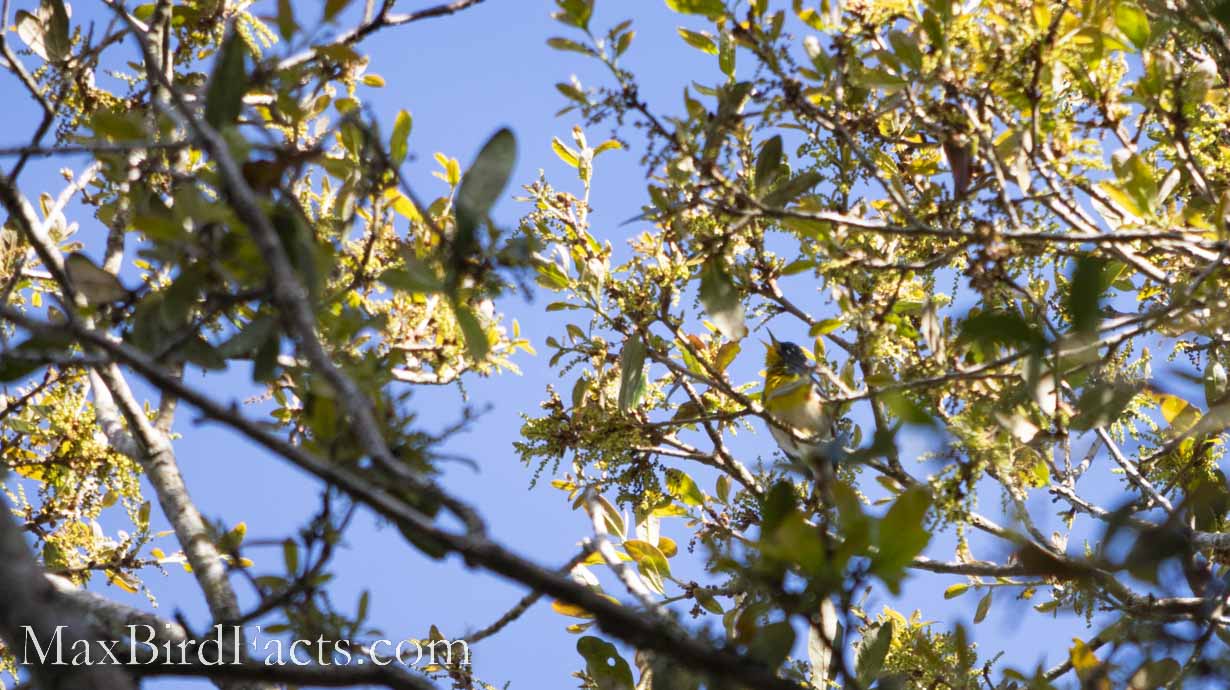
According to Brown and Handford in the paper “Why birds sing at dawn: The role of consistent song transmission,” the consistency of a song was much more reliable in the morning when compared to later in the day. They also said the song’s quality was flawless when heard in the early morning compared to the afternoon. I think these birds understand this mechanism as well. Whether that is conscious or not is another debate.
Just think, if the birds didn’t see a positive result from singing in the morning, then why would they continue doing it? Further, why waste so much energy singing first thing after waking up? Why not go forage for breakfast?
There must be a clear advantage the bird is receiving by singing so early in the morning. If there weren’t, then we wouldn’t see this behavior copied all around the globe.
Regardless of whether the bird knows it or not, they are using physics to sound more alluring!
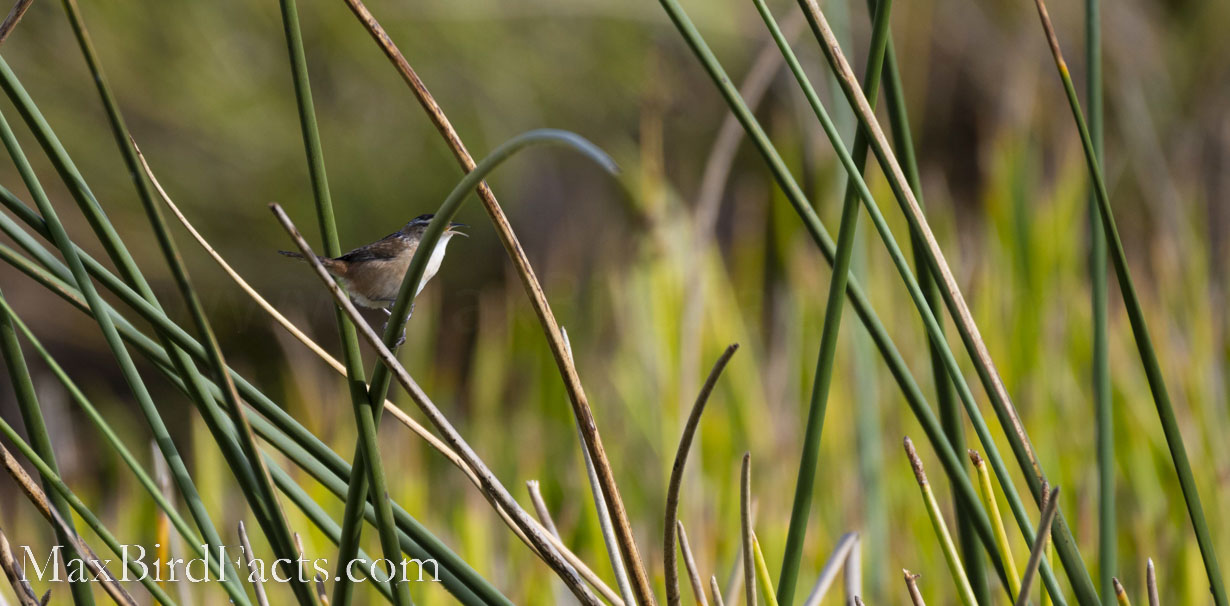
What Can We Conclude
So, typically, male birds are the ones who are doing the early morning singing. They do this to attract potential mates and to define the borders of their territory. The quality and variance of the song are hugely related to securing these goals.
If the song is weak, the tone is flat, or the melody doesn’t travel, the bird will fail in his aims. Other males could pick up on this and try to steal his territory. Females could be unattracted by the call, reducing the male’s chances of passing on his genes.
On the other hand, if the songs are strong, vibrant, and carry far, the male could have great prosperity. He will be able to keep rival males at bay while females will come in to investigate him. This will allow him to have a greater chance of having offspring and continuing his lineage into future generations.
Birds seem to utilize the increased air density of the early morning during their dawn chorus. Water molecules hanging in the air like fog and dew cause the soundwaves to bounce more consistently, carrying these songs over a longer distance than they ordinarily would while still retaining the song’s purity.
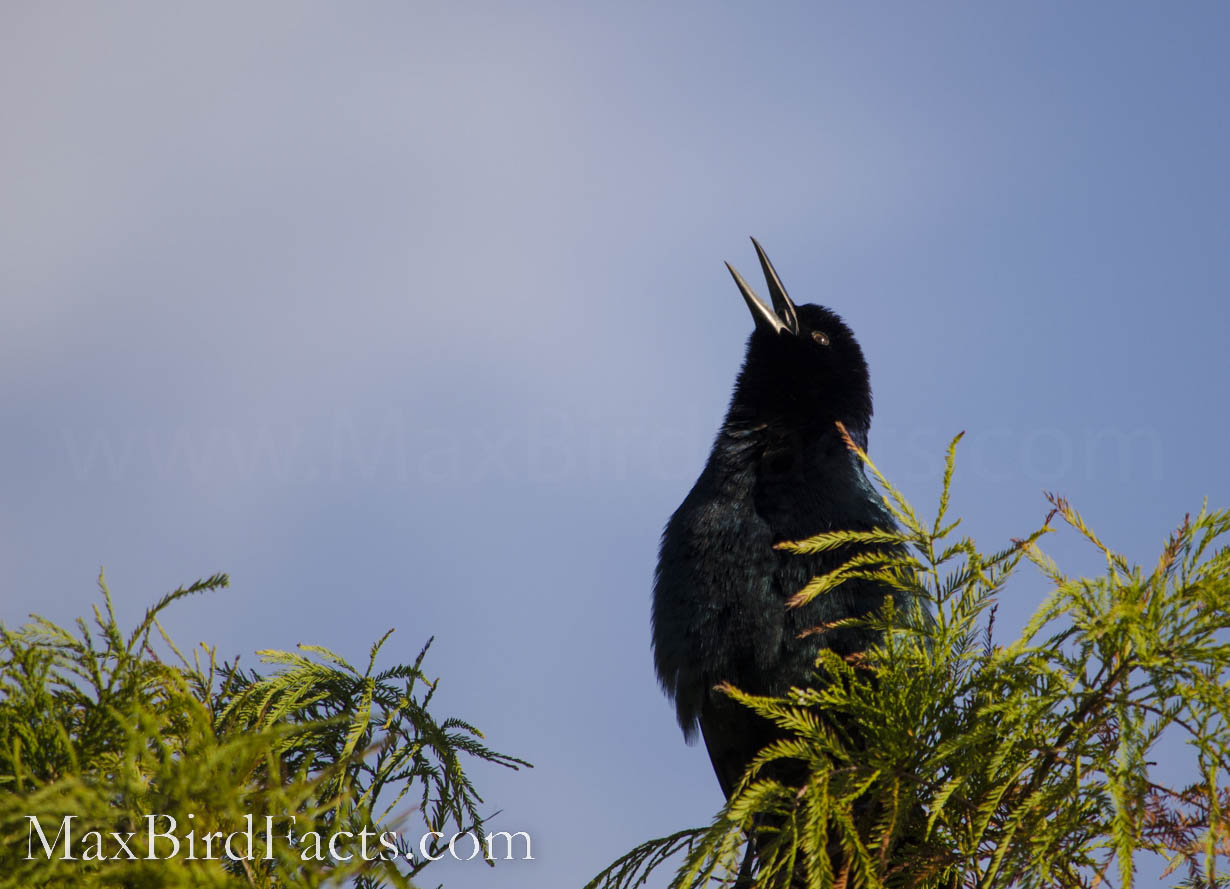
However, ornithologists still haven’t determined if the birds know this helps them send their songs further. Whether the birds know it or not, there must be a selective pressure pushing them to sing in the morning. They must have seen an increased chance of mating or better results on scaring off rivals. Seeing this, the birds would continue to prioritize singing as early as possible rather than foraging for food.
As I stated before, the rewards of doing this behavior must outweigh the costs and risks. Singing is a very energy-demanding process, taking up nearly half of a bird’s daily metabolic expenditures. As a bird sings, it is also advertising its location to predators. Both of these negatives need to be surpassed by the results of the singing.
I believe that over time this behavior developed because the birds saw a positive correlation between singing in the dawn and having vaster success in their environment. This positive feedback cemented this behavior in some birds, causing others to follow suit in order to stay competitive.
Let me know what you think of my conclusions and if you agree or disagree. If you have any ideas or topics you are interested in, please leave a comment!
Make your day great!
Max
Discover more from Welcome to MaxBirdFacts.com!!!
Subscribe to get the latest posts sent to your email.
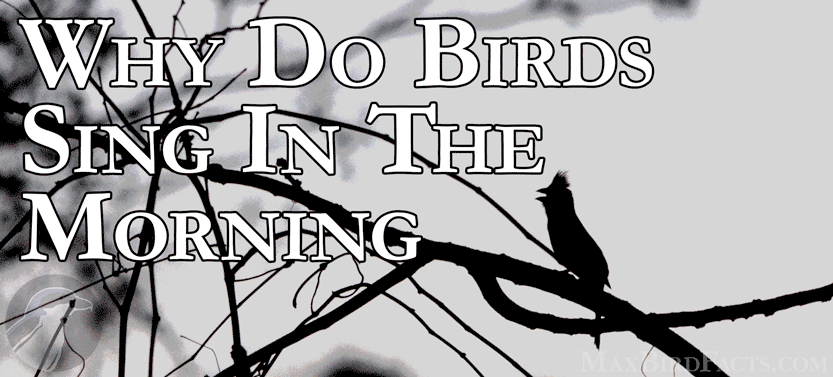
Pingback: Why Do Owls Hoot – 4 Reasons To Sing – Welcome to MaxBirdFacts.com!!!
Max, very enlightening! Wow, I never even considered most of this. Thanks for pointing out the details of birds singing in the morning. Well done!
Thank you for your kind words and support! I’m glad you were able to gain some new knowledge after reading this!